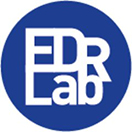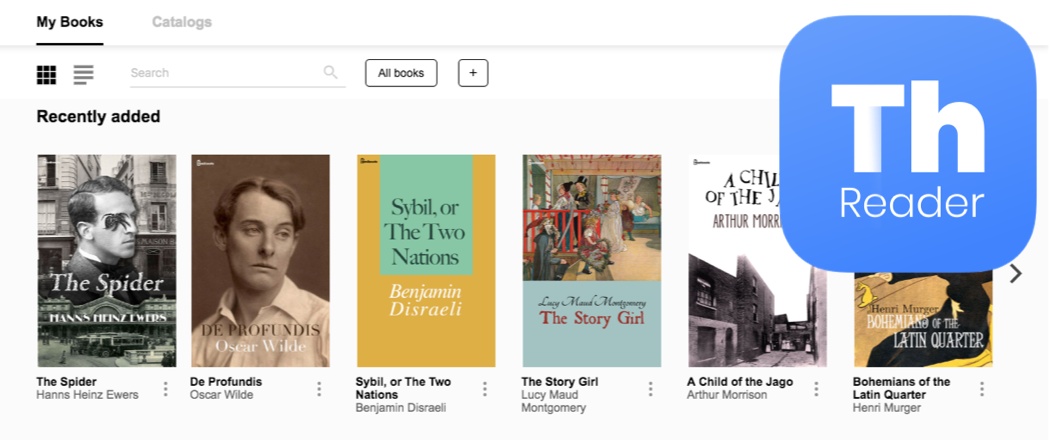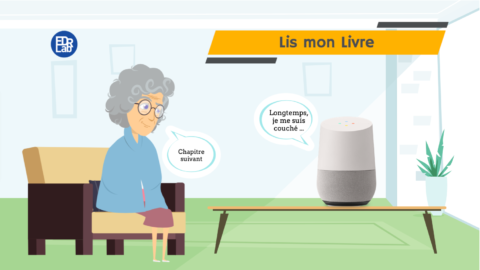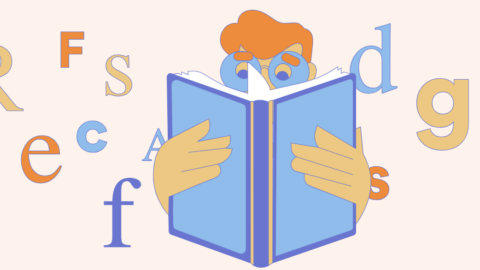The Accessible Publishing Summit is a Canadian publishing accessibility expert meeting held since 2019. This year it was set up as a two-day event on invitation only, in presence in Toronto at the very end of January. EDRLab was invited, and we took the occasion to meet our Canadian members and get to know better the organisations acting there. Details on the summit and previous editions can be found on the AccessiblePublishing.ca website.
This year, 69 persons from 46 organisations were present, mainly Canadians. The program comprised searching and reading book demonstrations, panel discussions and workshops.
The user’s demonstration on finding and consuming an accessible ebook showed that there is still a lot of progress to do, mainly in the most used services and applications and in the English-speaking part of Canada. We emphasised the already achieved state of filtering accessible ebooks in French-speaking independent bookstores in Canada and France. Small actors lead the change here, but most people wait for the big players to shift.
The first discussion panel was about publishers’ testimonies on their journey to accessibility. In Anglophone Canada, this often starts with a Benetech certification process and continues by learning by doing; every book teaches something new, and the process is no longer scary. Participants emphasised the change observed in 5 years: accessibility is integrated very early on, authors are more involved, the questions are different, and a cultural shift is perceptible. There are still challenges in producing audiobooks, updating old titles and ensuring knowledge is sufficiently shared and documented to be retained as people move on.
The second discussion panel addressed the future of Canadian initiatives in the context of the end of the Accessible Books Initiative, a five-year federal funding program that started in 2019. The participants enlightened how much was achieved in 5 years regarding the number of ebooks published as accessible and in terms of awareness raising and capacity building through certification, conferences and infrastructures. Still, many publishing houses need to be on board, and having them board without the help of federal funding is concerning.
A complete day was dedicated to 6 workshops aiming to create recommendations and guidance documents for key “audiences”. Those are:
- Reading system developers, distributors, vendors
- Publishing Programs in Schools
- Publishers-Beginner
- Publishers-Advanced
- Librarians/Educators
- Broader Public.
Favouring collaborations, each working group established extensive documentation that will be curated, editorialised and published through the summit website AccessiblePublishing.ca.
EDRLab currently has four members in Canada: Bibliopresto, CELA, De Marque, and NNELS. All of them are intensely involved in shaping the future of accessible publishing. The years of experience is a strength that can be useful to all our members. We want to value and share more of them in the incomings community groups webinars.











 contact@edrlab.org
contact@edrlab.org +33 1 83 64 41 34
+33 1 83 64 41 34
